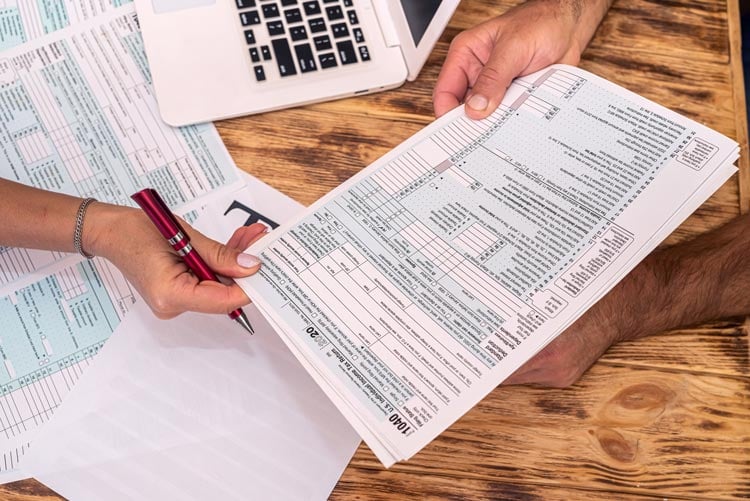Page 22 211 - 220 of 425
Failed 1031 Exchange Installment Sales: What You Need to Consider

There are a lot of moving parts and pieces in even the simplest 1031 exchange, and each aspect of the exchange must adhere to stringent Internal Revenue Service requirements and guidelines, without exception.
Can You Do a 1031 Exchange on a Short-Term Rental Property?

The purpose of a 1031 exchange is to defer the obligation to pay capital gains tax when you sell an investment property. The IRS has explicit rules governing these transactions, including tight timelines and requiring the taxpayer to use a Qualified Intermediary to oversee the financial and reporting aspects.
Who Should File Form 8824?

Any taxpayer who completes a 1031 exchange during the tax year must file IRS Form 8824 as part of their tax return. The form reports the amount of gain the taxpayer is deferring by employing the 1031 exchange.
Does a 1031 Exchange Need to be Completed in the Same Year?

Real estate investors who undertake 1031 exchanges in order to defer capital gains tax liabilities or diversify their real property holdings have six months from the closing date on their relinquished properties to complete their exchanges.
Can You Borrow Against a 1031 Exchange Property?

One of the potential benefits of direct real estate ownership is the ability to “borrow” against it. This is known as a “cash-out refinance,” and it involves applying for a new loan to pay off the property’s current loan, while obtaining extra cash based on that property’s equity.
Can You Change Title After a 1031 Exchange?

The 1031 exchange involves the exchange of relinquished real estate into replacement real estate, with the goal of potentially deferring taxes on capital gains. But rules need to be followed when completing a like-kind exchange to ensure that it’s valid to the IRS. One of these rules involves ownership of both the relinquished and replacement properties.
How to Identify a Replacement Property for a 1031 Exchange

The idea behind 26 U.S. Code § 1031 – “Exchange of Real Property held for Productive Use or Investment” – is that the investor can trade relinquished real estate for properly identified as replacement real estate to benefit from a capital gains tax deferral.
Can You Combine a Reverse and Forward 1031 Exchange?

For many real estate investors, the primary objective of completing a 1031 exchange is to defer capital gains taxes generated from the sale of their investment properties.
Can You Exchange One 1031 Property for Two?

Selling an investment property can bring about many difficult decisions.
What is the Napkin Test?

Legendary California real estate attorney Marvin Starr likely had no idea when he snatched up a paper table napkin during a real estate seminar to jot down some quick 1031 exchange math that he was pioneering the most simple method of determining an exchangor’s financial position in a potential exchange.
Page 22 211 - 220 of 425


